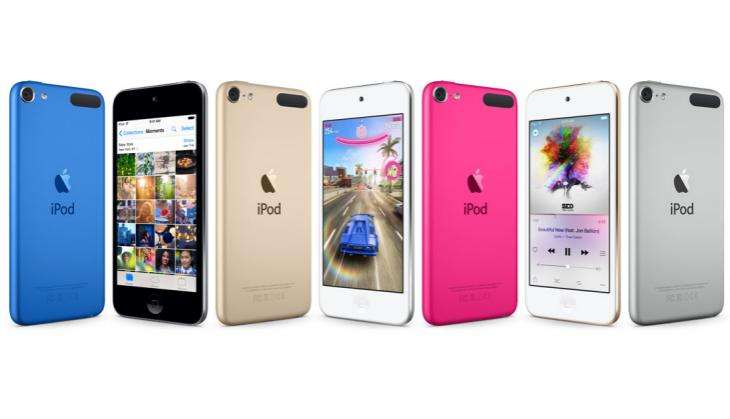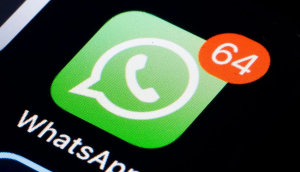
On 23 October 2001, Apple co-founder and former CEO, Steve Jobs, unveiled a product that would change the way people purchase and listen to music - the iPod.
"In this whole new digital music revolution, there is no market leader," Jobs had said at the event. "There are small companies, like Creative and Sonicblue, and then there are some large companies, like Sony, that haven't had a hit yet; they haven't found the recipe. No one has really found the recipe yet for digital music. And we think not only can we find the recipe, but we think the Apple brand is going to be fantastic, because people trust the Apple brand to get their great digital electronics from," he said.

The iPod could hold 1,000 songs at a 1,60,000 bitrate on its ultra-thin hard drive. It could also download songs from a CD in five to 10 seconds and 10 hours of playback. All of this at US $399.
The iPod was dedicated to niche users. The iPod Nano and Shuffle were practically designed for runners, compact and handy.
More versions like iPod Nano, iPod Shuffle, and iPod Touch of the iPod came out as sales soared. By the end of 2004, Apple had sold 10 million units of the iPod. By the end of 2005: 42 million. By the end of 2006: 88 million. By the end of 2008: 197 million. By September 1, 2010: 275 million.
15 years later, the iPod lies forgotten
The iPod changed the way the world perceived Apple and helped it become one of the world's biggest and valuable companies. Before the iPod, Apple was just a niche PC maker.
Technology is ever-changing. When Jobs took the wraps off the iPhone in January 2007, he projected it as the do-it-all device which could also avoid the need to buy an iPod. And it made sense. Why would you need a separate device when all your music can be stored on the phone you are carrying? It was clear then that iPod's days were numbered.
Apple quietly discontinued the iPod Classic in September 2014. In January 2015, Apple said it would stop reporting the iPod sales. The device took a backseat when Apple launched the iPhone. The iPod is definitely past the glory days.
When the iPod died in 2014, it marked an end of an era but it was a clear sign of progress.The iPod was, in hindsight, a stepping stone. It marked a tectonic shift from bulky CD players and Walkmans to sleek, compact and beautiful devices. There's no denying that the legacy of iPods will last for years.
The iPods gave Apple a distinct identity. While the International Business Times coined iPods' 15th anniversary as National iPod Day, Apple decided to give it a miss.
Yes, iPod's parent forgot. There was no press release, no tweet from Apple official Twitter handle, Apple Music or Apple Support. No tweet from Apple CEO Tim Cook.
It's a bittersweet day. The iPod is on the verge of dying and Apple appears to be making no effort at keeping it alive.
The iPods gave Apple a distinct identity and will go down in the history of the technology as one of the best products ever made by the mankind. Apple, are you listening?
First published: 24 October 2016, 5:03 IST







![BJP's Kapil Mishra recreates Shankar Mahadevan’s ‘Breathless’ song to highlight Delhi pollution [WATCH] BJP's Kapil Mishra recreates Shankar Mahadevan’s ‘Breathless’ song to highlight Delhi pollution [WATCH]](https://images.catchnews.com/upload/2022/11/03/kapil-mishra_240884_300x172.png)

![Anupam Kher shares pictures of his toned body on 67th birthday [MUST SEE] Anupam Kher shares pictures of his toned body on 67th birthday [MUST SEE]](https://images.catchnews.com/upload/2022/03/07/Anupam_kher_231145_300x172.jpg)






